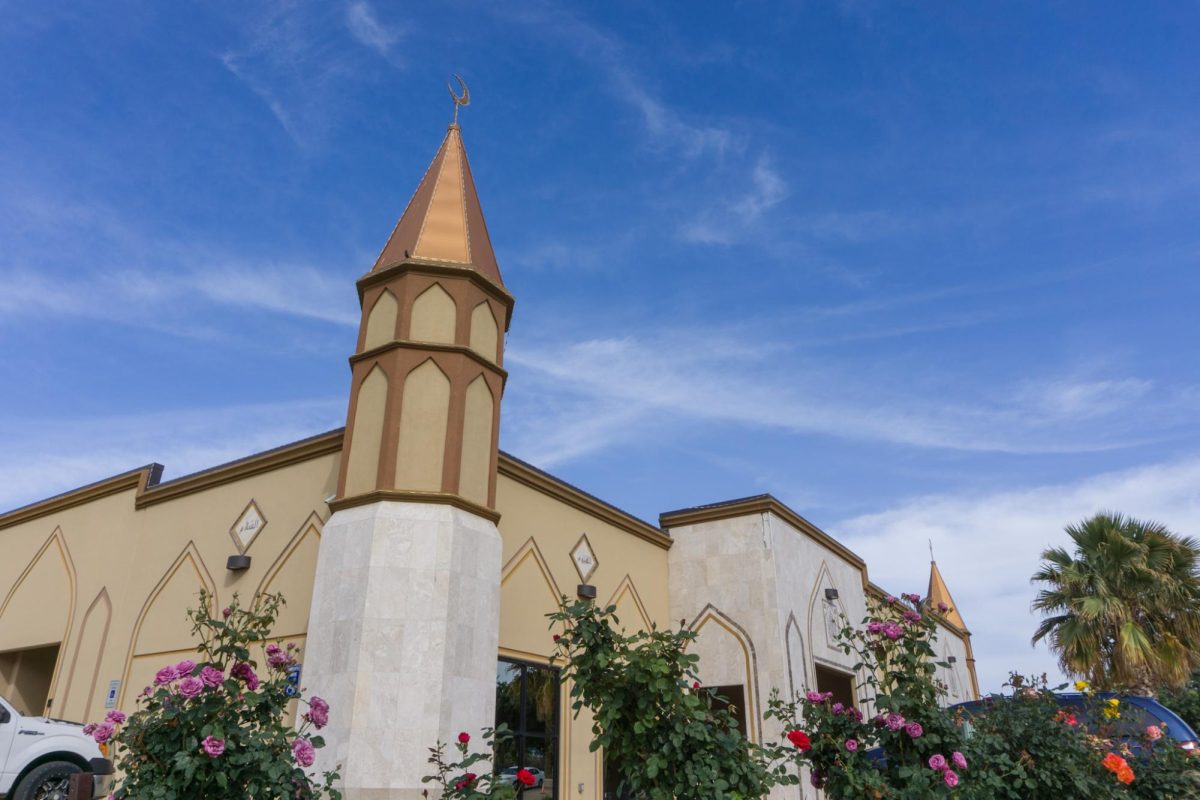In March, the new moon starts Ramadan, and for one month, over a billion people use these 30 days to reflect and set goals for the rest of the year. It is important to recognize the purpose of this month. By voluntarily abstaining from food and water, individuals can gain a deeper understanding of the challenges billions of people face each day.
College students face unique challenges during Ramadan: adjusting to waking up before dawn and having enough energy to complete assignments, scheduling time with professors and friends around prayer, keeping the body hydrated and getting an adequate amount of sleep. Andrew Snyder, a junior studying real estate and finance, was asked about his experience during this special month.
The first day is said to be the hardest. One must wake up before dawn to fuel their body both physically and spiritually. At dawn, the Fajr prayer takes place.
“Ramadan doesn’t really have a set day when it begins. For the past few years, it has started sometime in March. I am so used to grabbing a quick snack when I am feeling hungry. But during Ramadan, I can not do that anymore until sundown. So you really notice the hunger and thirst,” Snyder said.
“Each morning begins with me waking up super early in the morning for Suhur, where I just load up on food and water. Then I go back to sleep, wake up, and I’ll do my usual routine of working on homework. However, I do try to refrain from doing too much physical labor to make fasting much easier. Though, usually after the first week or so, I’ll get back into doing more physical labor work after getting accustomed to fasting. The whole thing goes by and once the clock reaches sundown, it’s time to break fast. I’ll start by drinking water and then eating whatever is for dinner.”
From dawn to dusk, there are five prayers: Fajr the pre-dawn prayer, Dhuhr the midday prayer, Asr the afternoon prayer before sunset, Maghrib the evening prayer after sunset and Isha, the night prayer.
The purpose of this schedule is for participants to draw closer to Allah through their sacrifices. If you break your fast, it is advised you start over, but the reward you feel when you complete the 30 days is said to be enlightening.
Andrew further explained the benefits of committing to this schedule.
“Aside from the weight loss from not eating during the day, fasting during Ramadan brings me closer to Allah spiritually despite me honestly not being the most religious person. It’s nice though to believe in something and that doing this will bring me closer [to] God. The only drawback to fasting is having to deal with feelings of hunger and thirst sometimes.”
Many students are fighting fatigue but building a strong resilience that carries them to the next Ramadan. Fasting can also create a greater sense of empathy for people in the world who may have limited access to food and water. Reflecting on consumption intake is a catalyst for hunger awareness, prompting individuals to take action to address underlying causes such as wars, poverty and inadequate access to resources.
The sighting of a new moon marks the conclusion of Ramadan with a festival that takes place that evening during which friends and family gather to enjoy a meal and reflect on their experiences. Students interested in learning more about Islam can check out the Muslim Student Association at UTSA. The organization meets at 5:30 p.m. on Wednesdays in the Student Union room 2.03.08 and holds events where you can have fun and diversify your network.








